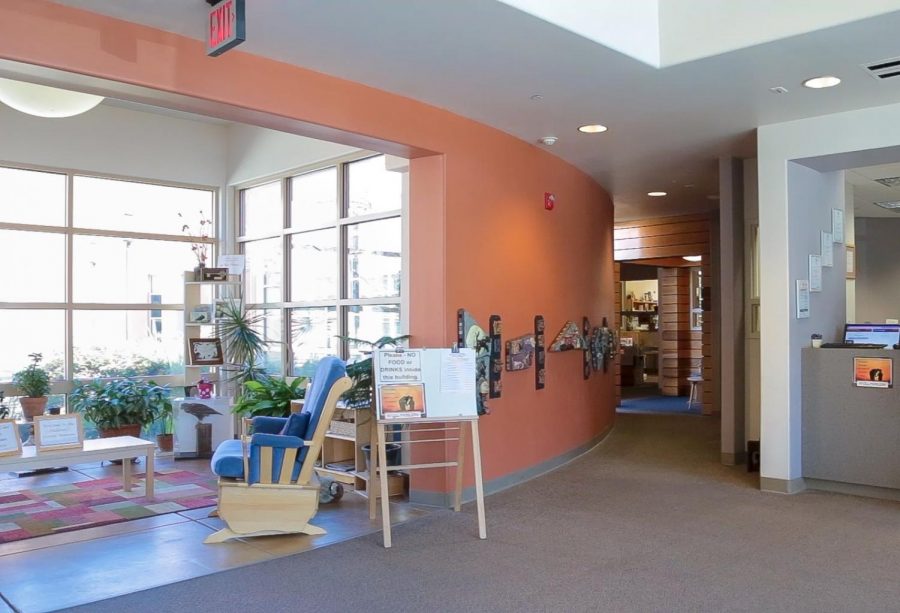ARC Child Development Center is closed, but other options are available
Child care provided for children of essential workers, but it hasn’t gone without some backlash
While some California child care providers are opening their centers to service the children of essential workers, American River College’s Child Development Center has been closed since March 13 when the Los Rios Community College District suspended all face to face interactions on campus. (Photo courtesy of Cheryl Watt)
While some community child care centers have stayed open, American River College’s Child Development Center closed March 13, when all other campus operations were suspended, to prioritize alleviating the spread of the COVID-19 virus.
Cheryl Watt, interim Child Development Center supervisor at ARC, says the center served over 100 children.
According to Watt, many families were affected by the shutdown.
“Many centers are closing due to COVID-19, so finding alternative care is challenging at this time,” she said.
Watt says she is most concerned with the families that had children enrolled. Some potentially still work and now have to take time off because they have no one to watch their kids.
“Our teachers are working hard to contact families to provide resources and check in on them,” Watt said. “Our parents are family to us so we are doing everything we can to help support them during this difficult time.”
ARC isn’t the only child care center that’s been affected. Child care centers in the community are allowed to stay open for the children of essential workers, as long as their state or county ordinance does not say otherwise.
According to the office of Gov. Gavin Newsom, as of April 10, California allotted $100 million to support child care providers that are serving essential workers and vulnerable populations, including children at risk of violence, neglect or with disabilities.
With that, ARC remains closed.
“We are not able to care for children of essential workers at this time,” Watt said.
In some California counties, families are protesting the reopening of these centers.
Eric Alexander, a child care provider in Alameda County, says he feels he is doing a service by staying open, but constantly receives backlash from his community.
“Even before the shelter in place order was out, we had a lot of parents angry at us for being open,” Alexander said. “I had to keep defending our position, saying that we were serving the good of our society by serving essential workers, [but] I got furious because people just said we were part of the problem.”
Alexander’s concern was one of many in a statewide conference call put on by Community Care Licensing Division Deputy Director, Pamela Dickfoss.
While she said providers may stay open to supervise the children of essential workers, she also said providers are not required to define what an “essential worker” is.
“Providers are expected to let families know they can only provide child care for families of essential workers,” Dickfoss said. “Providers are not expected to determine who is or who is not an essential worker.”
One concern raised was that there is not enough public coverage for child care providers in staying open, and therefore they are not receiving the same support that for example doctors and nurses get.
“I’m an essential worker, but unfortunately [I’m] not feeling like that,” one caller said. “Somebody’s got to watch the kids of all these doctors and nurses, we need supplies for these children to help these doctors and nurses get through what they’re getting through and we aren’t getting the same coverage as they are.”
According to Alexander, he will continue to get backlash from parents unless there is some sort of public service announcement.
“It would be nice if there were some actual public support for child care being open,” Alexander said. “We need a public policy statement that says this is an active need, otherwise there’s a problem.”











